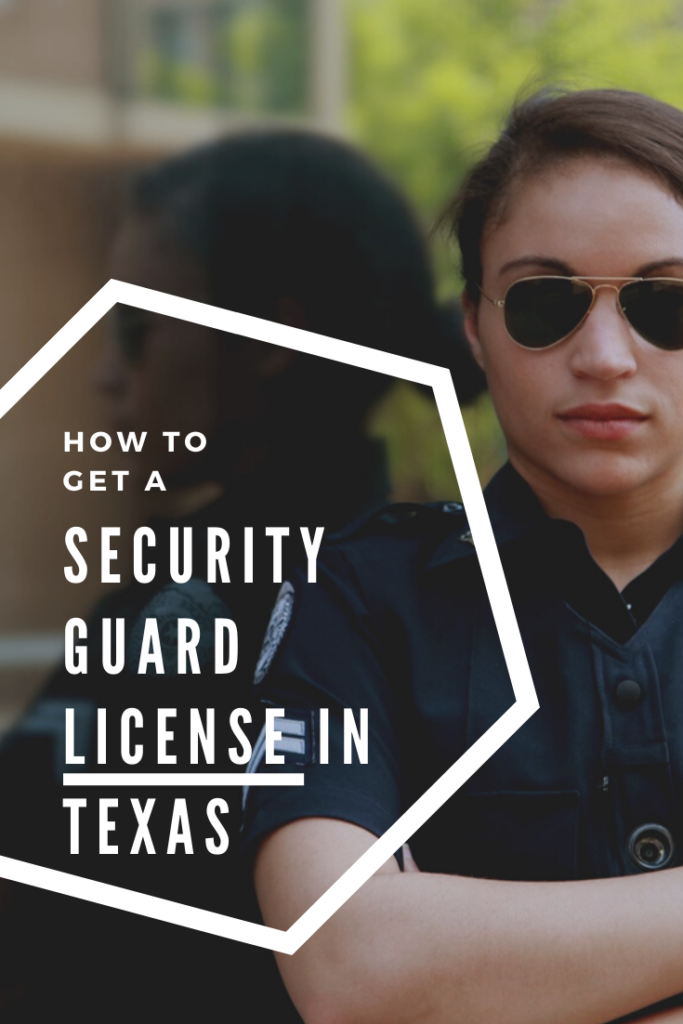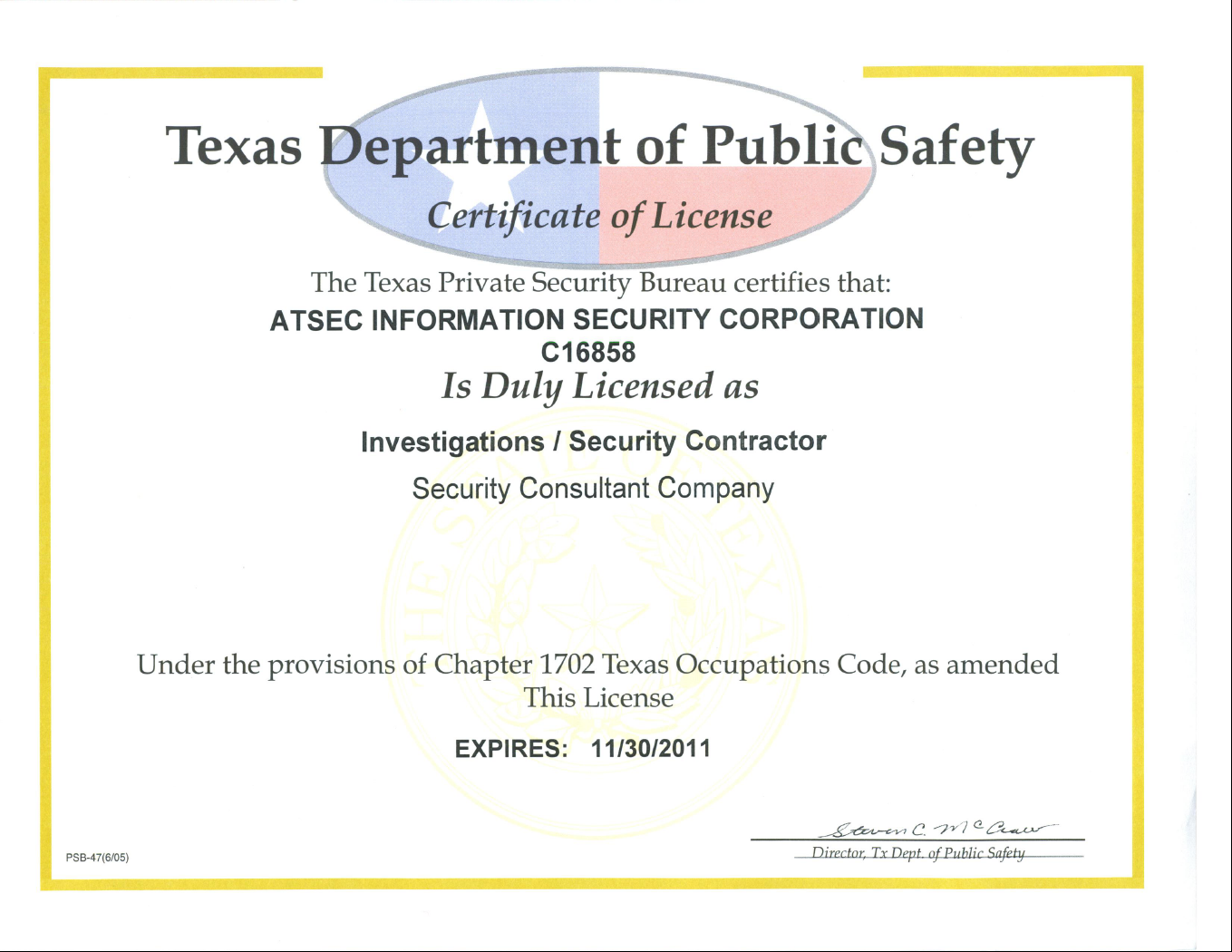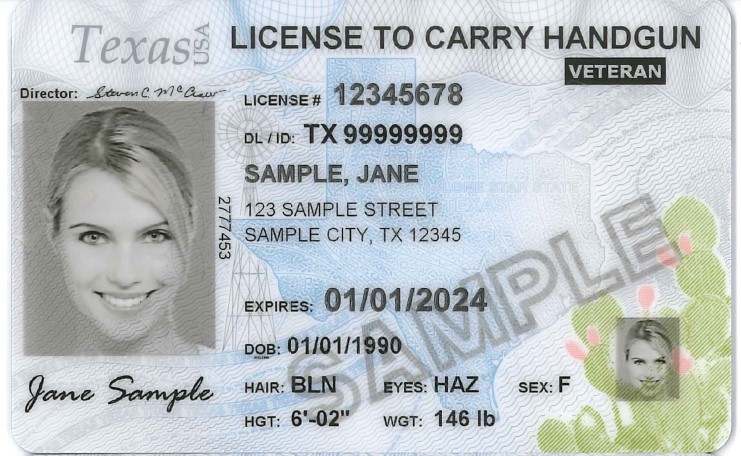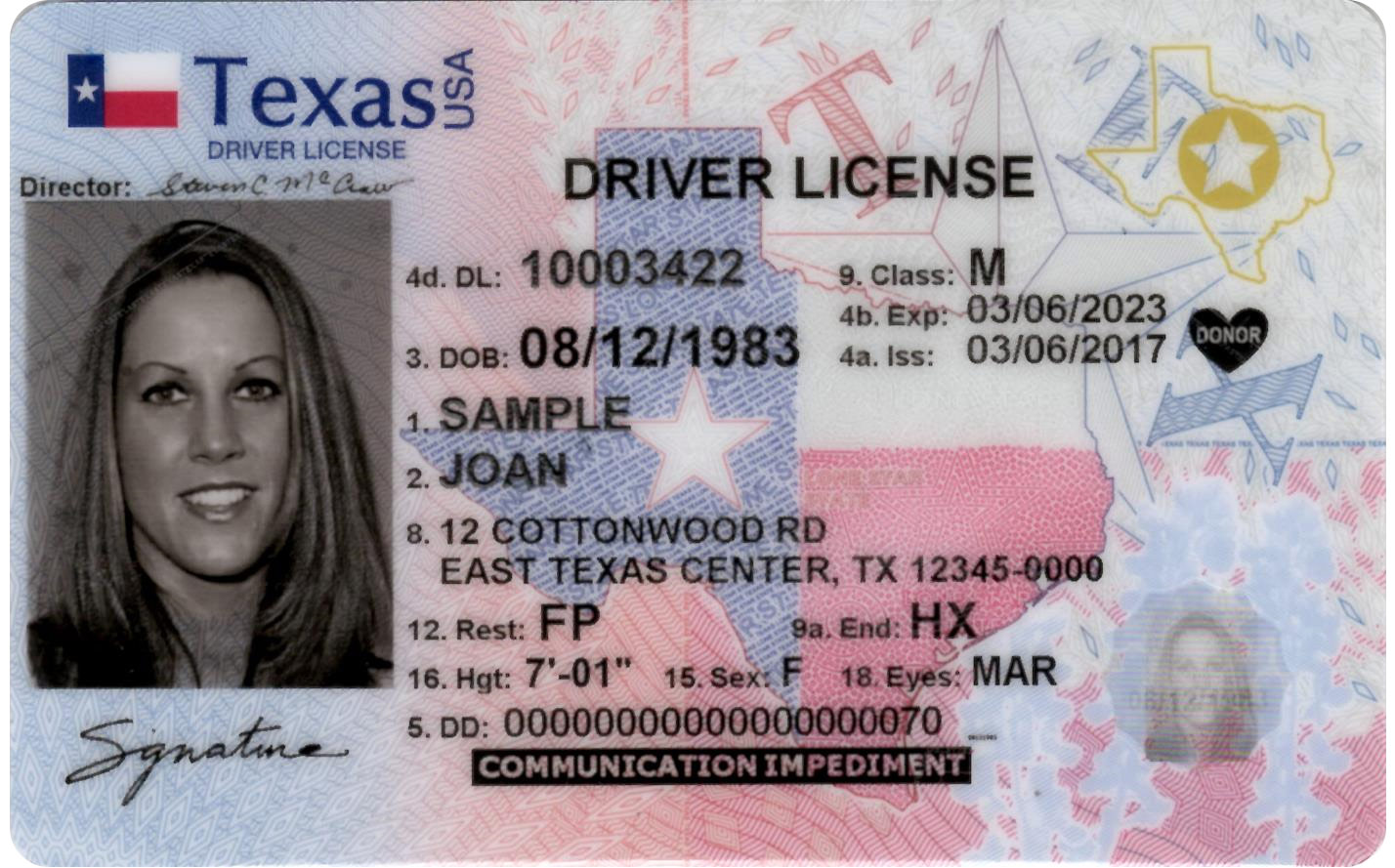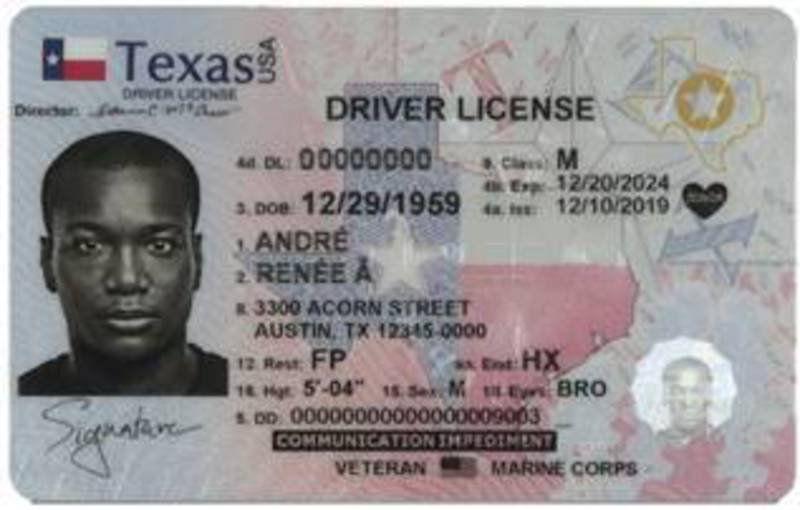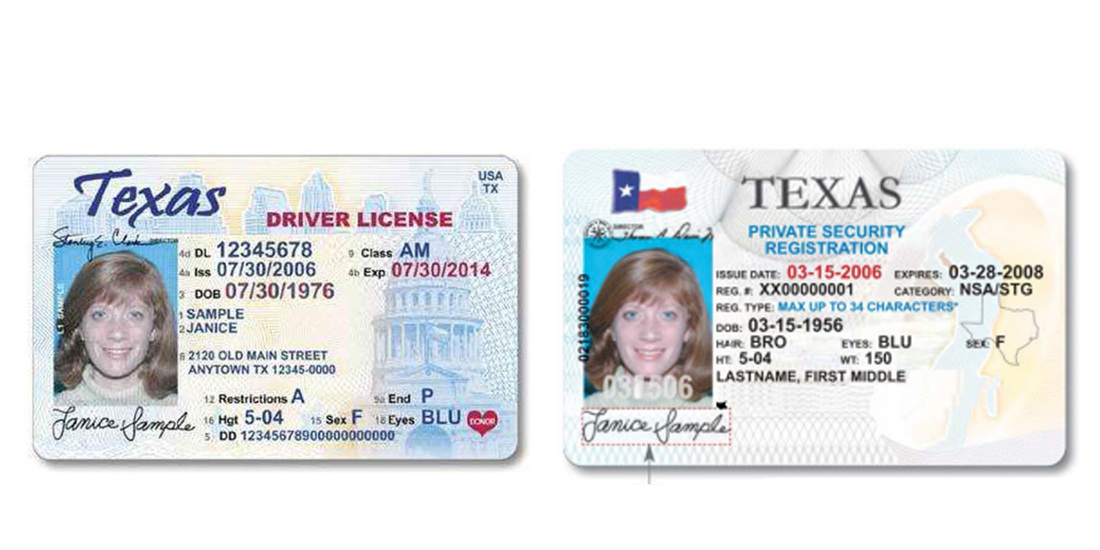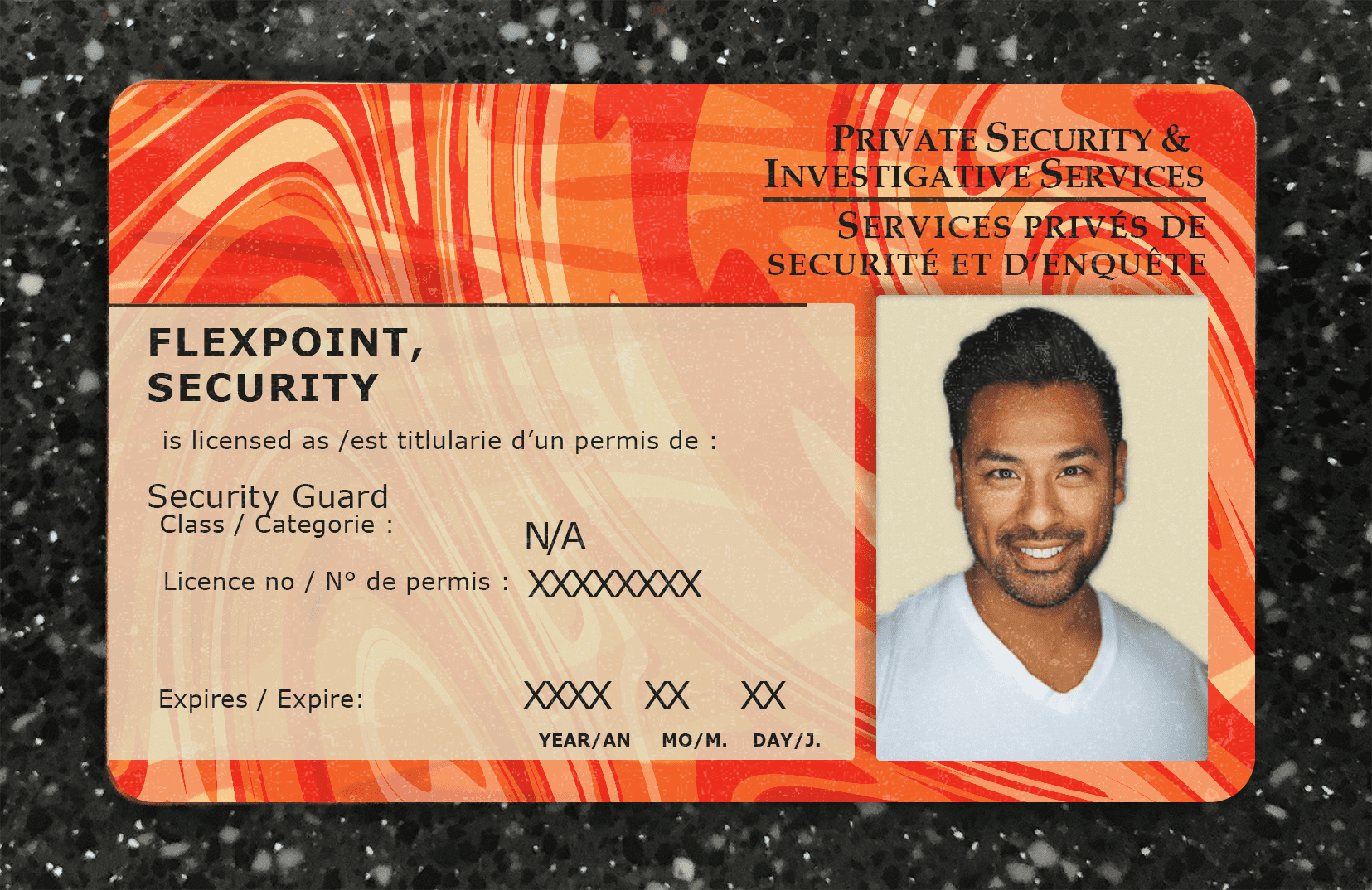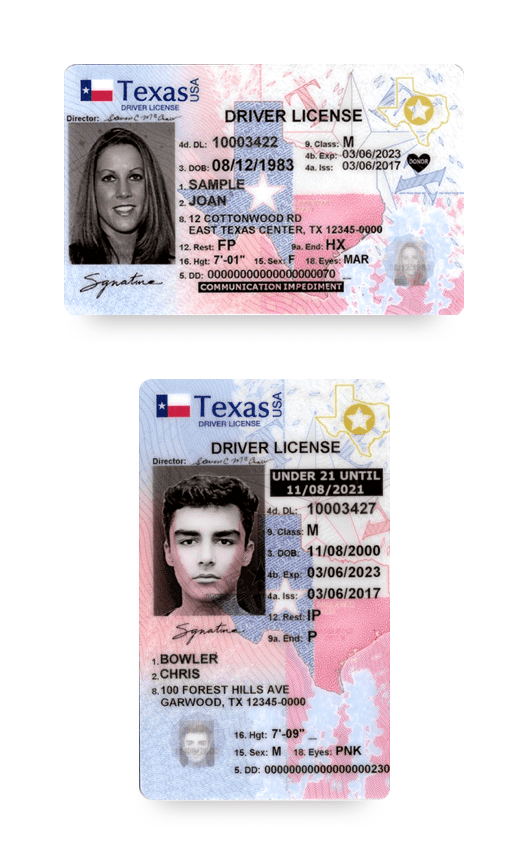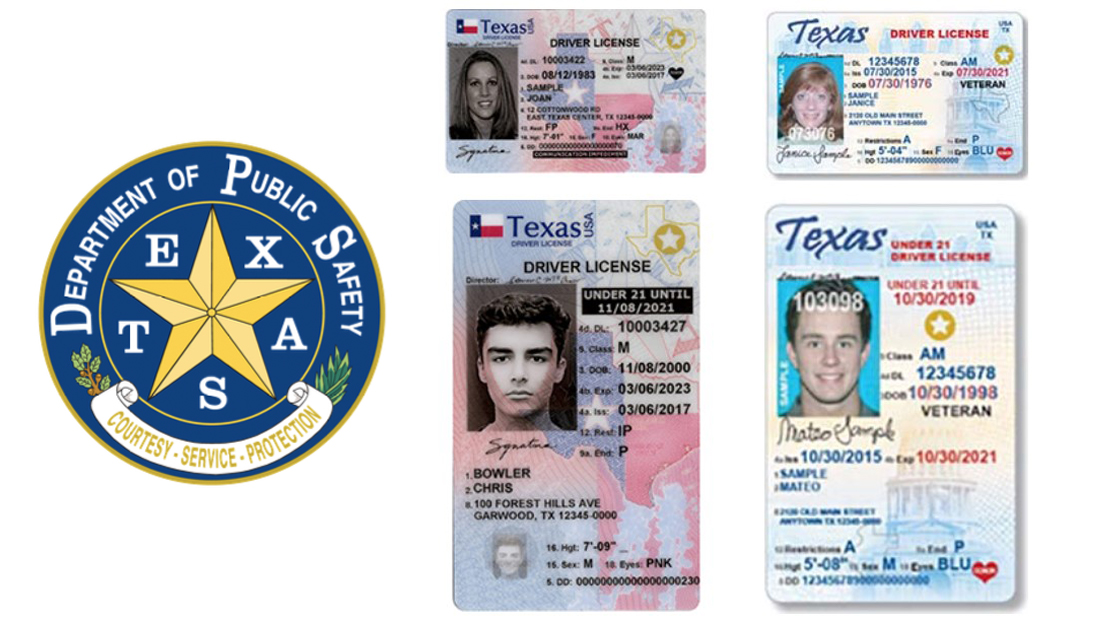How To Get My Security License In Texas
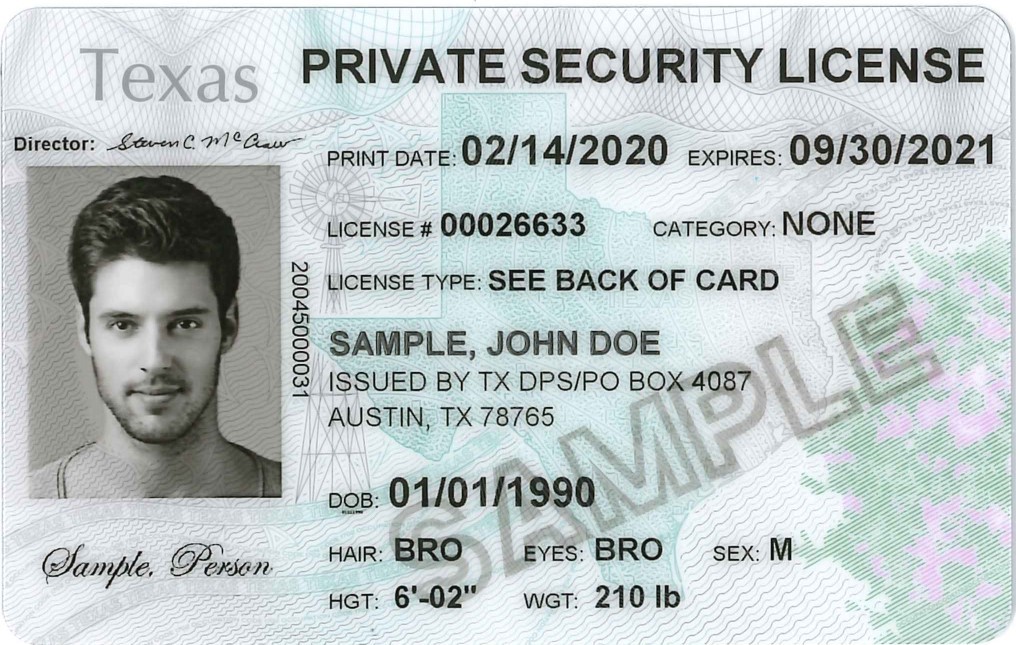
Imagine yourself patrolling a bustling event, ensuring everyone feels safe and secure. The Texas sun beats down, but your focus is unwavering. You’re not just present; you’re a guardian, a protector, a vital part of the community’s peace of mind. Making that image a reality starts with understanding the steps to obtain your Texas security license.
This article serves as your comprehensive guide, outlining the requirements, training, and application processes needed to become a licensed security professional in the Lone Star State. Whether you envision yourself as an unarmed security officer, a personal protection specialist, or armed security guard, this roadmap will help you navigate the journey.
Understanding the Landscape
The Texas Department of Public Safety (DPS) regulates the private security industry in Texas. They are responsible for licensing and regulating security officers, security companies, and instructors.
Navigating their regulations is the first step towards achieving your goal.
Unarmed vs. Armed Security Officer Licenses
The requirements differ depending on whether you intend to work as an unarmed or armed security officer.
An unarmed license is typically the initial step for many, requiring less training and a simpler application process.
An armed license builds upon the unarmed license, demanding additional firearms training and proficiency testing.
The Steps to Getting Your License
The path to obtaining your security license in Texas is clearly defined, demanding dedication and careful adherence to the rules set by the DPS.
Step 1: Meeting the Basic Requirements
Before you even consider training, you must meet certain fundamental criteria. You must be at least 18 years old, a legal resident of the United States, and not have any disqualifying criminal convictions.
A thorough background check will be conducted as part of the application process, so honesty and transparency are essential.
Step 2: Completing Required Training
This is where the real work begins. For an unarmed security officer license (Level II), you’ll need to complete a minimum of six hours of classroom training from a DPS-licensed training school or instructor.
This training covers essential topics such as legal aspects of security, observation techniques, and incident reporting.
For an armed security officer license (Level III), you'll need to complete both Level II training, plus Level III training which includes 45 hours of classroom and firearms training.
Level IV training is needed for personal protection officers.
"Choose a training school carefully. Look for experienced instructors with a proven track record," advises John Smith, a veteran security trainer.
Step 3: Submitting Your Application
Once you've completed your training, you can submit your application to the DPS. The application requires personal information, employment history, and documentation verifying your training completion.
You'll also need to pay the required application fees.
Ensure all information is accurate and complete to avoid delays in processing your application.
Step 4: Getting Fingerprinted and Passing a Background Check
The DPS will conduct a thorough background check, which includes fingerprinting. You'll need to schedule an appointment to have your fingerprints taken electronically.
This process is crucial for verifying your identity and ensuring that you meet the eligibility requirements.
Step 5: Receiving Your License
If your application is approved, you'll receive your Texas security license. This license is valid for two years and must be renewed before it expires.
Congratulations! You’re now a licensed security professional in Texas, ready to embark on your career.
Maintaining Your License
Once you're licensed, you're not done yet. Continuing education is required to maintain your license.
This ensures that you stay up-to-date on the latest laws, regulations, and security techniques.
Remember to renew your license before it expires to avoid any lapses in your authorization to work.
Becoming a licensed security officer in Texas is a journey that requires dedication, commitment, and a genuine desire to protect and serve. The road might seem daunting, but with careful planning and unwavering focus, you can achieve your goal.
Embrace the challenge, stay informed, and contribute to a safer Texas for everyone.

